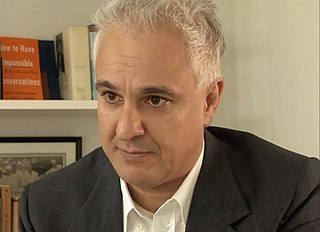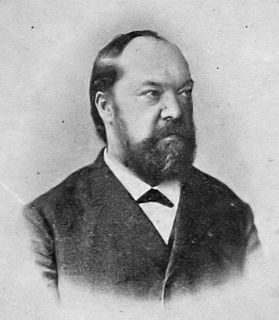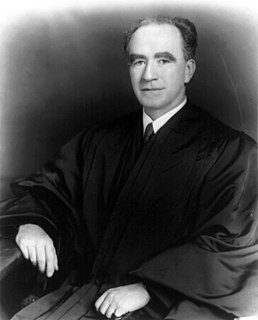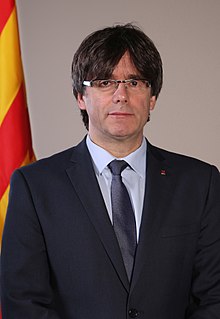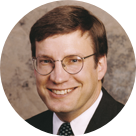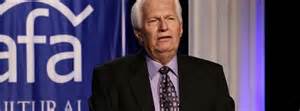A Quote by Peter Boghossian
Liberalism is a creation of the seventeenth century, fathered by British philosopher John Locke (1632-1704). For Locke, liberalism means limited government, the rule of law, due process, liberty, freedom of religion, freedom of speech, freedom of the press, freedom of assembly, separation of church and state, and separation of government powers into branches that oversee each other's authority.
Quote Topics
Assembly
Authority
Branches
British
Century
Church
Church And State
Creation
Due
Due Process
Each
Freedom
Freedom Of Assembly
Freedom Of Religion
Freedom Of Speech
Freedom Of The Press
Government
Government Power
John
Law
Liberalism
Liberty
Limited
Limited Government
Means
Other
Philosopher
Powers
Press
Process
Religion
Rule
Rule Of Law
Separation
Separation Of Church And State
Speech
State
Related Quotes
What is the use of freedom of the press if the government is in possession of all the printing presses, what does freedom of assembly avail if all the meeting places belong to the government? In a society in which there is no more personal and economic freedom, even the freest form of the state cannot make political independence possible.
The Magna Carta is an early reminder of the crucial difference between freedom and liberty. Liberty is freedom that is unique to humans, it is guaranteed by law. All animals are free, but in a system of humans total freedom is anarchy. Humans have thrived by letting a dominant authority regulate freedom. Liberty is a freedom that the authority has granted or has been persuaded to grant. For centuries, the state and the people have negotiated, peacefully and violently.
'Freedom' means a lot to conservatives, but they have such a narrow sense of what it means. They think a lot about freedom from - freedom from government, freedom from regulation - and precious little about freedom to. Freedom to is absolutely something that has to be safeguarded by good government, just as it could be impaired by bad government.
As you know, the separation of church and state is not subject to discussion or alteration. Under our Constitution no church or religion can be supported by the U.S. Government. We maintain freedom of religion so that an American can either worship in the church of his choice or choose to go to no church at all.
The so-called liberals of today have the very popular idea that freedom of speech, of thought, of the press, freedom of religion, freedom from imprisonment without trial-that all these freedoms can be preserved in the absence of what is called economic freedom. They do not realize that, in a system where there is no market, where the government directs everything, all those other freedoms are illusory, even if they are made into laws and written up in constitutions.
Ultimately, the court is heading to a doctrine of 'separation of campaign and state.' This doctrine, like separation of church and state or separation of military and civilian authority, is not explicit in the Constitution but flows naturally from its structure and commitment to freedom and democracy.
I believe in the separation of powers. If a judge crosses the line between interpreting and making the law, he has crossed the line supporting his legitimate authority from the legislative branch's authority. Now, to me that's a very serious matter if we believe, as America's founders, did that the separation of powers - not just in theory or in textbook but in practice in the actual functioning of government - is the linchpin of limited government and liberty.
The great ideas of the West - rationalism, self-criticism, the disinterested search for truth, the separation of church and state, the rule of law, equality before the law, freedom of conscience, thought, and expression, human rights, and liberal democracy- quite an achievement, surely, for any civilization- - remain the best, and perhaps the only, means for all people, no matter of what race or creed, to reach their full potential and live in freedom.
Conservatives believe government's principal functions are the preservation of freedom and removal of restraints on the individual. Liberalism's ascent in the first two-thirds of this century reflected the new belief that government should also confer capacities on individuals. Liberalism's decline in the final third of this century has reflected doubts about whether government can be good at that, or whether government that is good at that is good for the nation's character.
In fact, it's the greatest threat to liberty of all kinds, whether it is freedom of religion, whether it is freedom of speech, whether it is freedom of the press, whether it is freedom of association, all of the rights that are enshrined in the First Amendment are threatened by the active, aggressive homosexual lobby and the homosexual agenda.
